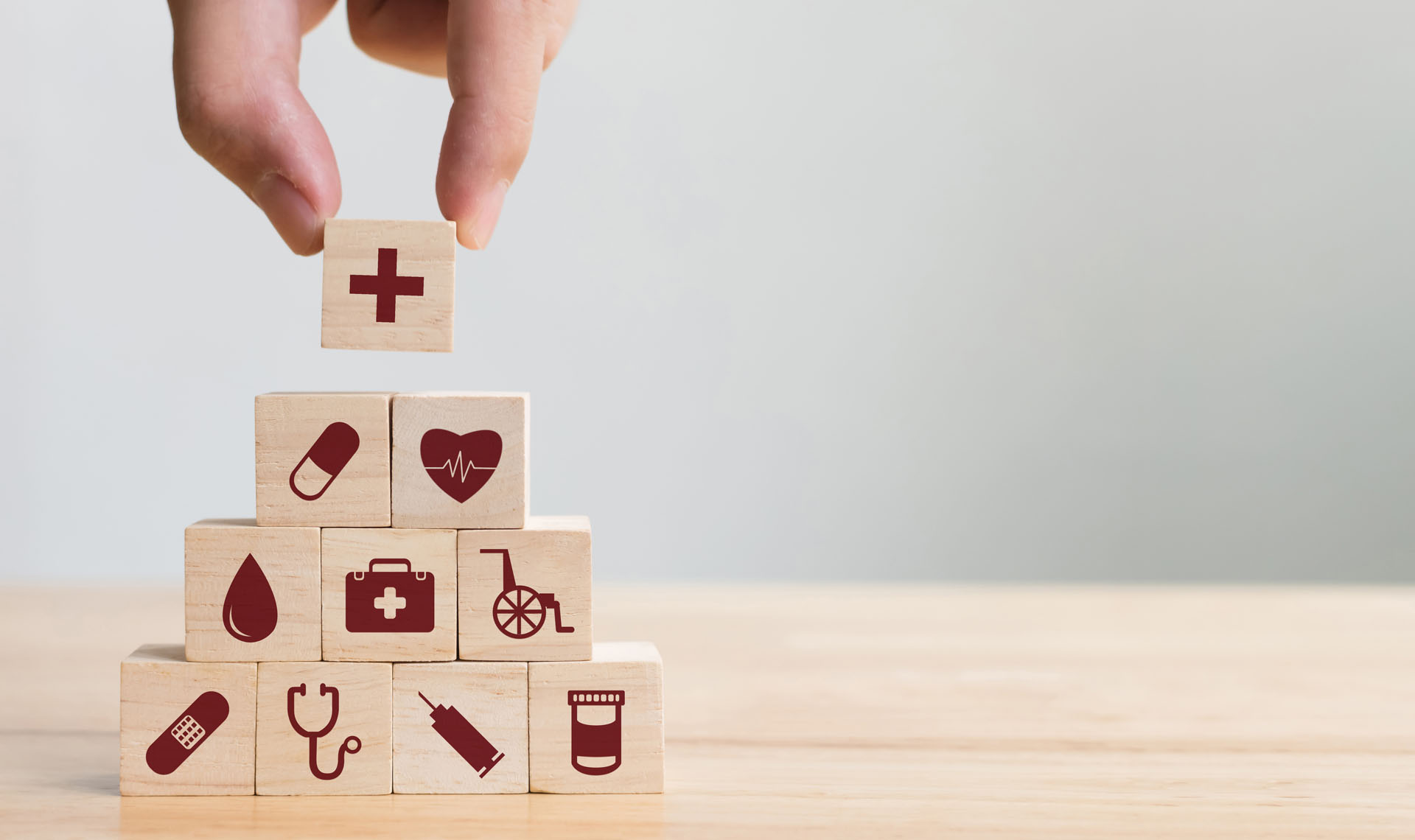It’s important for pregnant women to be careful about taking medications during pregnancy and to avoid certain foods.
Fish/Wild Game
- Fish that contain higher levels of mercury that may harm the fetus: swordfish, fresh or frozen tuna.
- Health Canada says these kinds of fish should be eaten only once per month during pregnancy.
- Canned tuna is safe.
- Ask your doctor if you are unsure whether you should eat foods during pregnancy.
Vitamins
It’s important that a pregnant woman’s diet contains enough iron and enough folate for the fetus
- Consuming too much Vitamin A can be toxic and can increase the risk of birth defects.
- Be careful when you buy vitamins
Important: Folic Acid Water
- To avoid lead concentration in your tap water run the water at the start of the day for at least two minutes.
- Don’t drink hot tap water—it contains more lead.
- Boil untreated water for at least one minute before drinking.
- Alternatives: drinking bottled water or using a water purifier.
Safe Food Handling
A common bacteria in food is called Listeria
- If consumed it can result in: premature birth, miscarriage, stillbirth.
- Listeria causes flu-like symptoms in pregnancy and t must be treated with antibiotics.
Another food-borne parasite is Toxoplasma
- This is transmitted by eating raw meat or unwashed fruits and vegetables.
- It causes flu-like symptoms in pregnancy and can cause severe symptoms in the newborn if the baby becomes infected during pregnancy.
Other serious diseases caused by contaminated food include
- Salmonella
- Escheria coli
- Campylobacter
Canada’s Food Guide for Healthy Eating
It provides all the information you need for nutrition during pregnancy. Your doctor’s office will have recent copies.
Health Canada offers pregnant women the following advice:
- Do not eat raw meats – including fish, chicken, eggs.
- Cook meat thoroughly.
- If the flesh is still pink, do not eat it.
- Do not store fresh or cooked meat and chicken in your refrigerator for more than two to three days
- Do not eat raw eggs.
- Wash all fruits and vegetables.
- Thaw frozen foods in the refrigerator or microwave.
- Do not eat unpasteurized dairy products.
- Avoid eating soft and blue-veined cheeses
- Always wash your hands before preparing food.
- Thoroughly clean all containers, utensils, and surfaces used for handling food.
- Use separate cutting boards for raw meat, poultry, seafood, and other foods.
- Don't wash your hands or food with untreated water.









